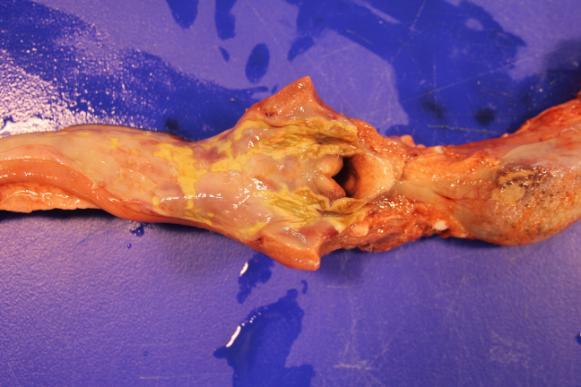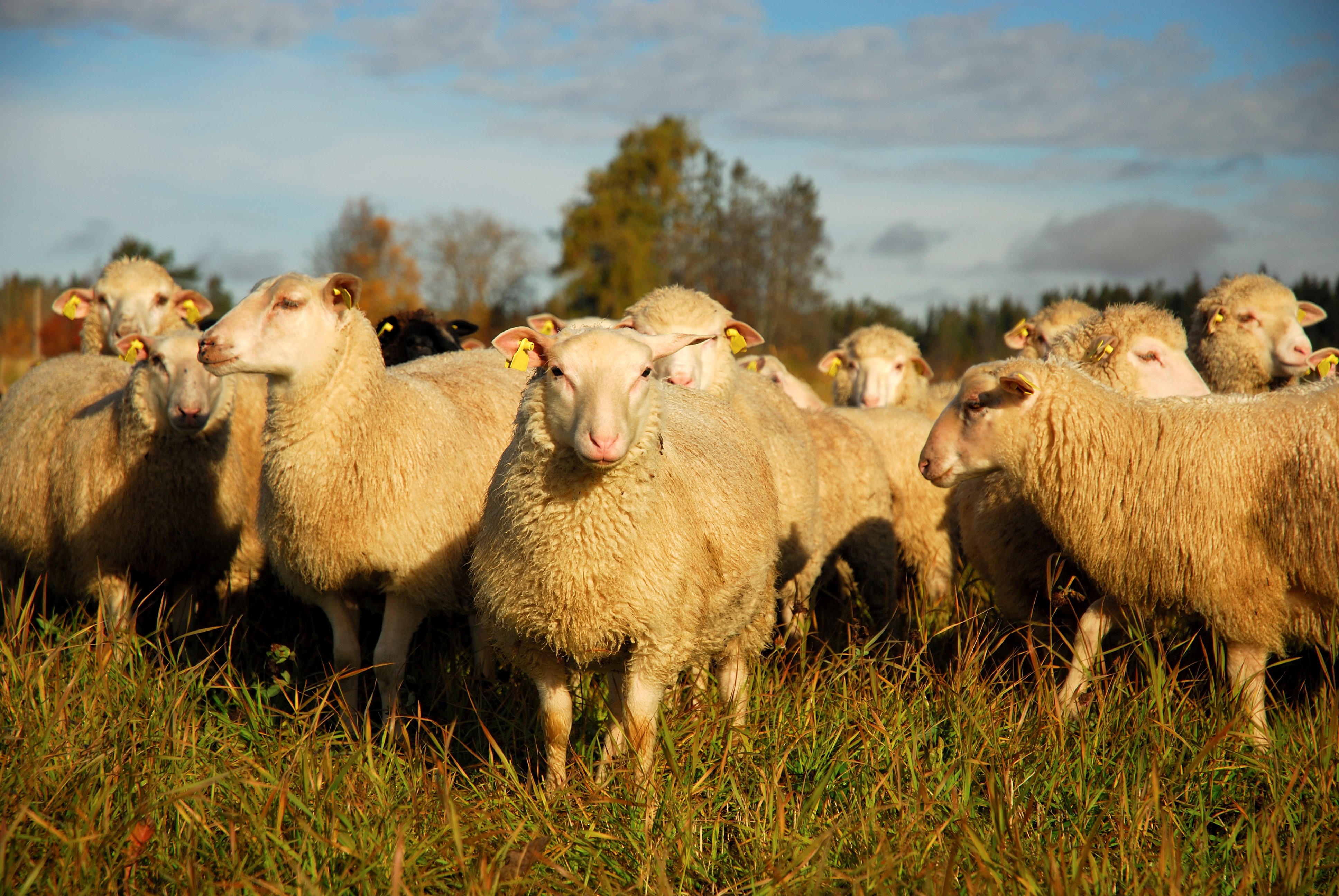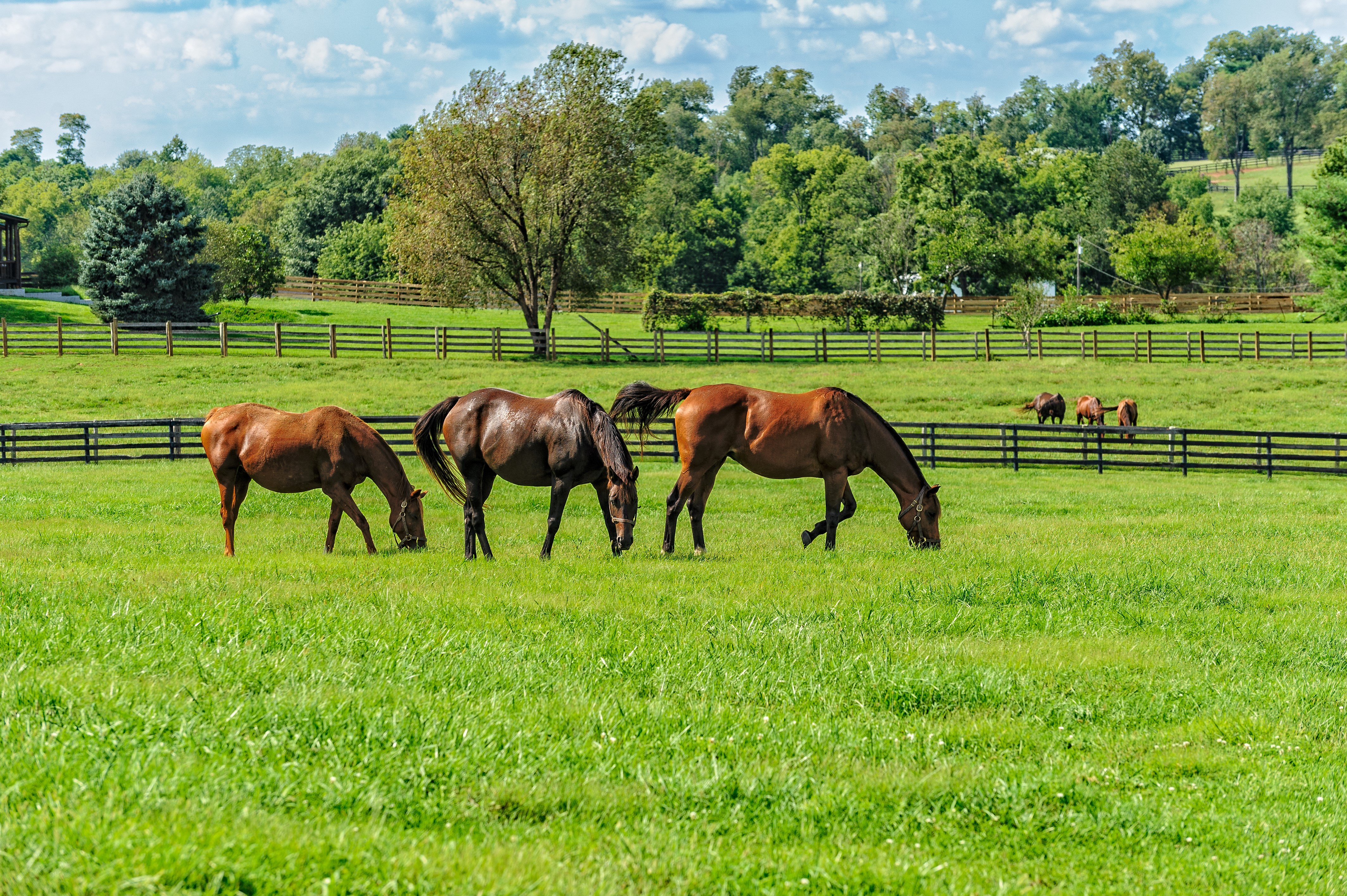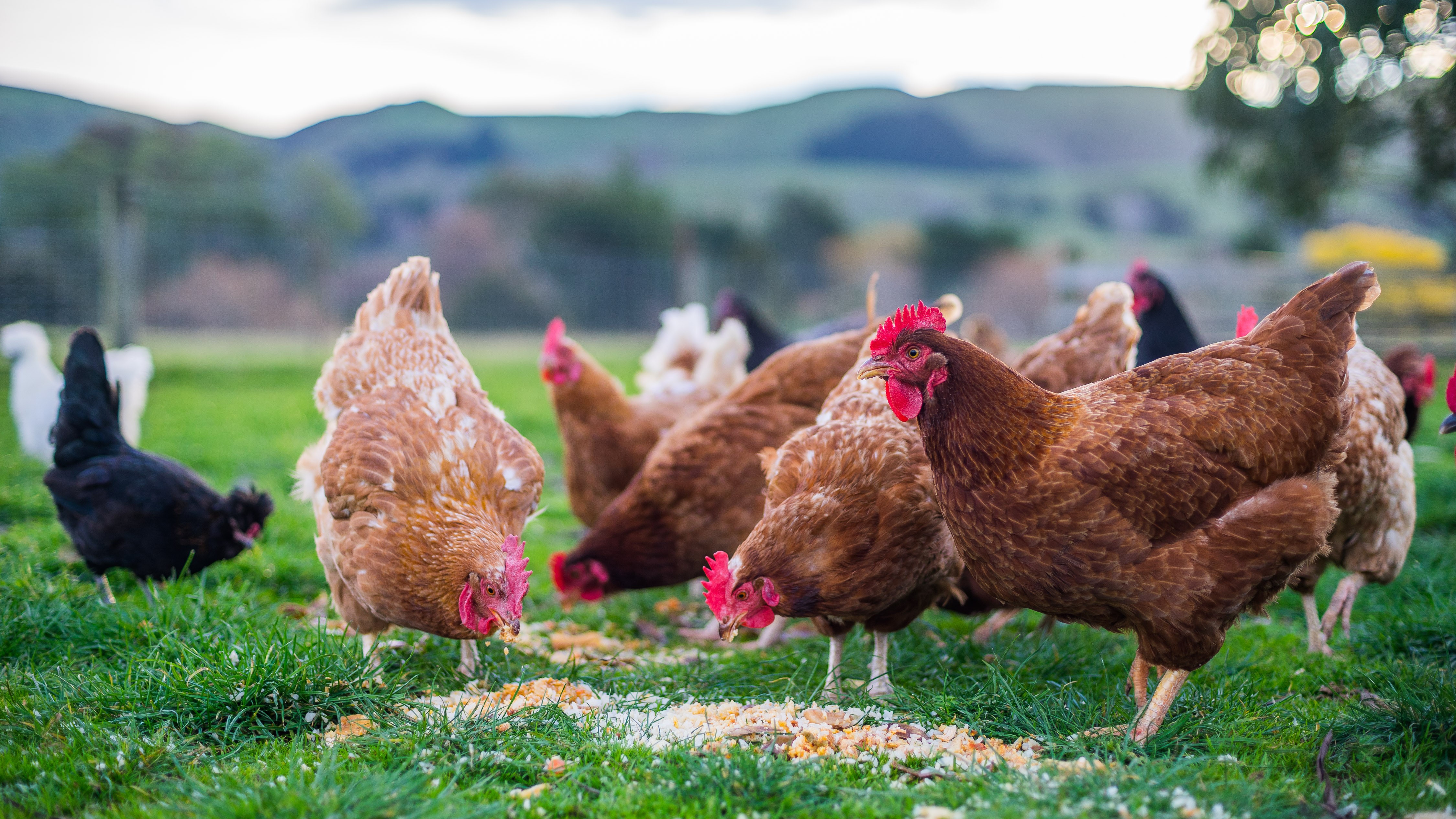Systemic Pasteurellosis
Systemic Pasteurellosis
Systemic Pasteurellosis has been diagnosed by Athlone Regional Veterinary Laboratory (RVL) as the cause of death in lambs from two separate flocks in County Roscommon and County Westmeath. The lamb carcasses were submitted to Athlone RVL, which is operated by the Department of Agriculture, Food and the Marine (DAFM). Systemic Pasterellosis is commonly diagnosed in lambs in autumn. It is reported as the most common cause of sudden death in 4-9 month old lambs after weaning in the United Kingdom, and it is capable of causing severe outbreaks with high morbidity and high mortality.
Two lambs were submitted to Athlone RVL from a flock in County Roscommon, with a reported history of failure to thrive, excessive salivation, and stiff gait. There had been four losses in the flock over four days, out of a total of 600 lambs which had been purchased approximately six weeks prior to the losses occurring.
Four lambs were submitted from a flock in County Westmeath, with a reported history of failure to thrive, weight loss and recumbency. There had been twenty losses in the flock over three days, out of a total of 180 lambs.
Bibersteinia trehalosi is most often associated with the systemic or septicaemic form of pasteurellosis affecting lambs. Pasteurella multocida and Mannheimia haemolytica are bacteria from the same family, Pasteurellaceae, and are most commonly associated with pneumonic pasteurellosis, the respiratory form of pasteurellosis.
Bibersteinia trehalosi inhabits the mucosal surfaces of the gastrointestinal, respiratory and genital tracts of mammals, and it is often isolated from the lungs of sheep, goats and cattle. Pathogenicity is variable and isolation may be incidental. The bacteria is distributed worldwide. Predisposing factors to the development of pasteurellosis include stressors such as concurrent infection, parasitism, overcrowding, exposure to inclement weather, poor ventilation, handling, and transportation.
Clinical signs of Systemic Pasteurellosis in lambs include pyrexia, lethargy, inappetence, and sudden death. Effective vaccines are available to protect lambs against Systemic Pasteurellosis. Farmers are advised to contact their private veterinary practitioner to discuss diagnosis, treatment and control in greater detail if they suspect this condition in their flocks.

Image 1 - Oesophageal ulceration






